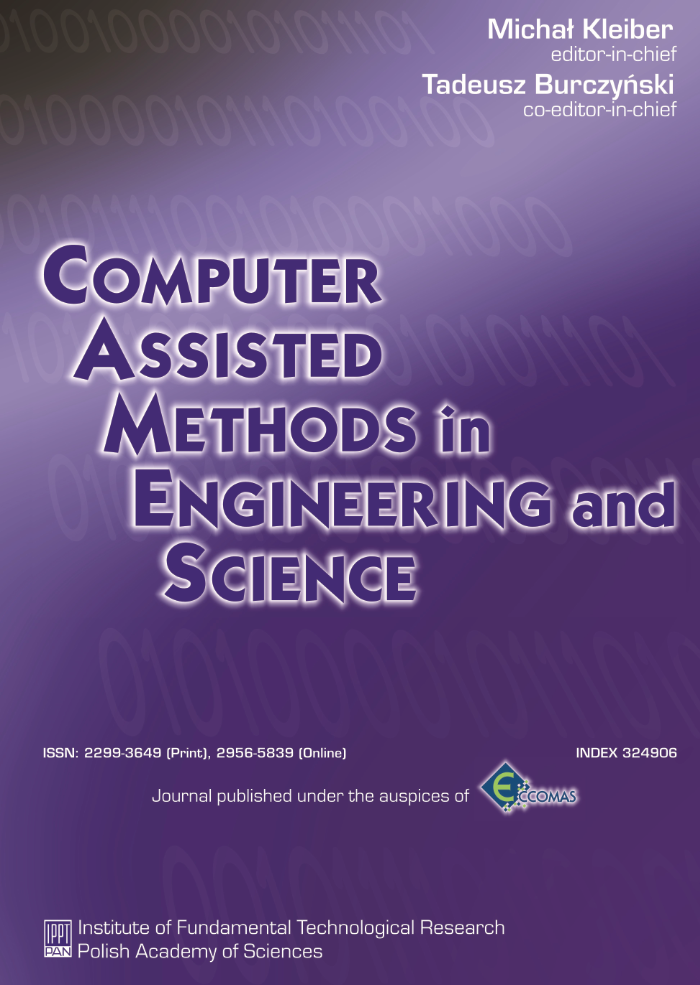Abstract
In the engineering processes it is important to simulate thermo-hydraulic phenomena numerically in the limited time before design of equipment. In thermo-hydraulic problem, as it may be time-consuming to solve elliptic equation numerically, a heavy burden is imposed on the computer. A SOR method is one of the effective methods to solve elliptic equation. As it is difficult to find the optimum relaxation factor, the value of this factor for the practical problems used to be estimated by the expertise. In this paper, the implications about the relaxation factor are translated into fuzzy control rules on the basis of the expertise of numerical analysts, and then the fuzzy controller is incorporated into the numerical algorithm. A Dirichlet problem of the Poisson's equation and the cavity flow problem are chosen to verify the feasibility of fuzzy controller for relaxation. Numerical experiments with the fuzzy controller resulted in generating a good performance.
References
[2] H. Tanaka, R. Takahashi. Model reference adaptive control for odd-even methods. Trans. of JSME, 57, No. 540, 1991 (in Japanese).
[3] H. Yamabe, Y. Takemoto, H. Yamada. Two-dimensional laminar driven cavity flow. Trans. of JSME, 52, No. 474, 1985 (in Japanese) .
[4] R.S. Varga. Matrix Iterative Analysis, Science Press, 1974.
[5] R. Takahashi, Y. Tanamachi. Finite Difference Methods. Baifukan Press, 1991 (in Japanese).



